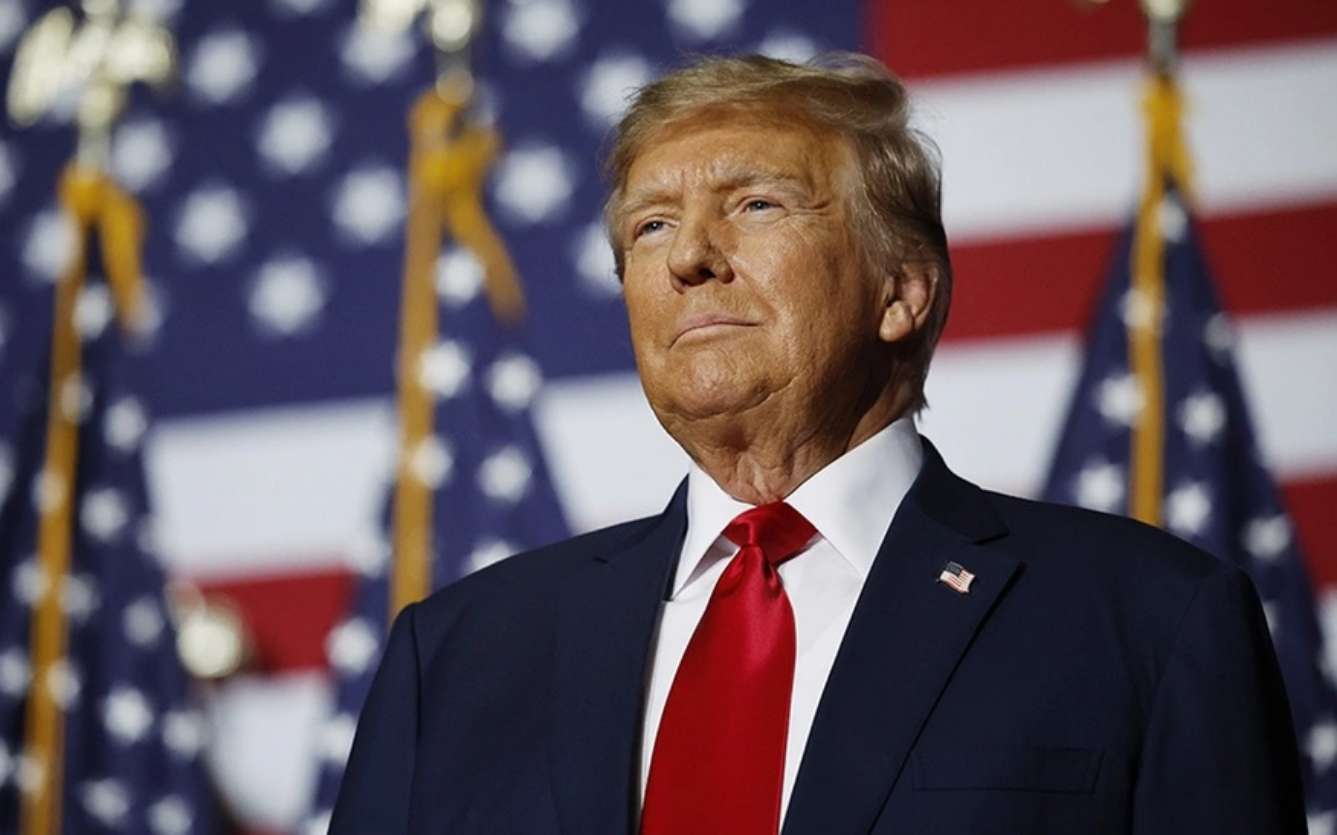With Donald Trump officially back in the White House, the tech sector is bracing for a wave of change. Trump’s win brings a high level of unpredictability due to his often bold and surprising decisions.
But with the guidance of key advisors, particularly Elon Musk, we have a glimpse of how Trump’s policies might reshape the industry, especially around AI, antitrust, and China.
Here’s a look at what Trump 2.0 could mean for tech.
Antitrust Shake-up: Is Lina Khan Out?
In keeping with his pro-business agenda, Trump is expected to take a deregulatory stance on tech, starting with cryptocurrency.
One of his earliest moves could be the removal of Lina Khan, the head of the Federal Trade Commission (FTC).
Appointed by Biden, Khan has taken a progressive approach to antitrust enforcement, focusing on the power Big Tech wields over consumers, even when many services are free. Her firm stance has made her unpopular among tech giants, with Musk himself calling for her dismissal.
If Trump does replace Khan, the FTC could ease back on its aggressive stance on antitrust. Yet, several landmark cases—initiated during Trump’s first term—will continue, including a lawsuit against Google for monopolising search and a high-stakes case against Meta that could potentially force the separation of Instagram and WhatsApp from the company.
Trump has previously labeled Facebook “an enemy of the people,” so while the FTC might scale back under Trump, some high-profile cases may still see his influence.
AI Regulation: A Pause or Rollback?
Trump’s re-election spells a likely rollback of Biden’s 2023 executive order on AI regulation, which aimed to curb various AI risks. Trump’s hands-off approach aligns with advisors like Marc Andreessen, who are outspoken advocates for minimal regulation in tech.
However, the relaxed stance has many experts worried. Professor Sandra Wachter of Oxford warns that further deregulation could risk human rights abuses, biased AI decision-making, and widespread misinformation.
Meanwhile, Musk’s role as a key Trump advisor could open doors for his companies, like xAI, to gain influence in government contracts and agency partnerships, potentially sidelining competitors like OpenAI.
This could also impact Meta, which recently aimed to roll out its Llama AI models to U.S. government agencies—a plan that now seems uncertain under Trump.
China and the Semiconductor Sector
Trump’s approach to China could profoundly impact the semiconductor industry. While Biden imposed restrictions on AI chip exports to China, Trump may adopt an even tougher stance, potentially escalating tensions into a full-blown trade war. This would pose challenges for Apple and other tech giants that rely heavily on Chinese production facilities.
Taiwan’s role as a critical chip supplier also faces uncertainty. Trump has hinted at potentially reducing U.S. military support for Taiwan, describing U.S. involvement as “insurance.”
If Taiwan were to fall under China’s control, the global chip industry could undergo massive disruption, affecting sectors from AI to automotive.
Social Media and Section 230 Revisions
During his first term, Trump sought to roll back parts of Section 230, a law that shields social media companies from liability for user-generated content.
Biden reversed this move, but Trump’s return might reignite this fight. Section 230 has been a hot-button issue for Trump and other Republicans, who argue it allows platforms to unfairly moderate conservative viewpoints.
As Trump’s administration returns, tech firms are on edge about how Truth Social, his own social network, might shape his approach to social media regulation.
Additionally, Trump’s renewed relationship with TikTok investor Jeff Yass has led him to soften his stance on banning TikTok, even though his administration may still pressure its parent company ByteDance to address security concerns.
Europe and Data Privacy
Trump’s approach to data privacy will also be closely watched by U.S. tech companies serving European customers.
European regulators recently approved a data-sharing deal with the U.S., but their approval hinges on American privacy practices. If Trump’s policies lean toward more aggressive data collection, the agreement may face legal challenges from the EU.
With Trump back in office, the technology sector faces an uncertain yet consequential future. From potential shifts in antitrust enforcement to changes in AI regulation and trade with China, Trump’s second term promises to leave a lasting mark on the industry.







